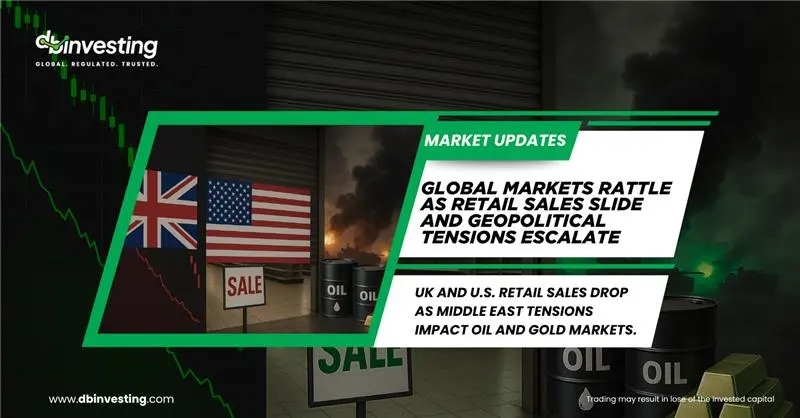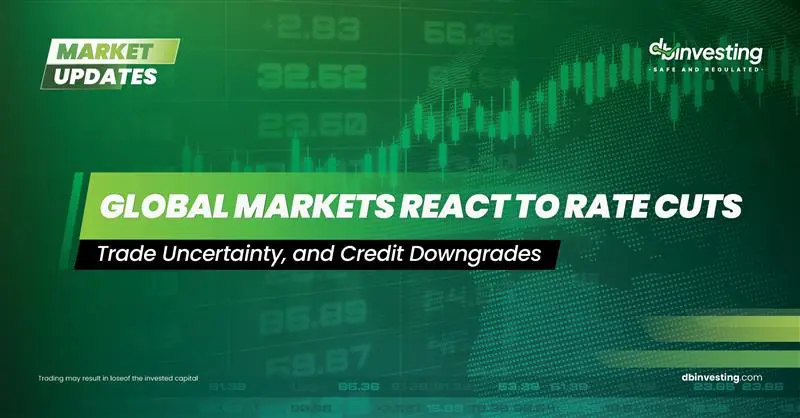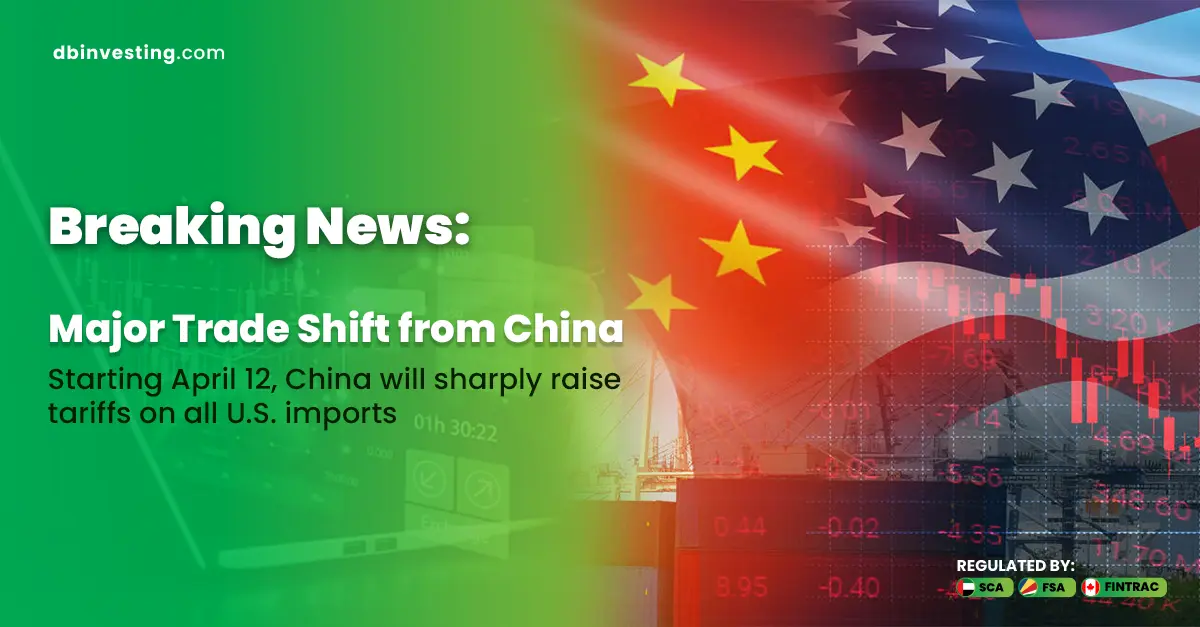Retail Sales Drop in UK & US Amid Middle East Escalation
UK retail sales fell sharply by 2.7% in May, reversing a strong 1.3% gain in April, driven mainly by a notable drop in food store purchases. This was far worse than economists’ forecast of a 0.5% decline.
On an annual basis, sales dropped 1.3%, retreating from a 5.0% surge in April which had been boosted by sunny weather and food spending.
Meanwhile, U.S. retail sales also slumped by 0.9%, the largest drop since January, adding to April’s downwardly revised decline of 0.1%.
Despite these figures, the Bank of England kept interest rates steady at 4.5%, citing labor market risks and energy price concerns amid intensifying Middle East conflicts.
Bank Governor Andrew Bailey noted that interest rates remain on a “gradual downward path,” though not guaranteed.
Tensions escalated as the White House announced that President Trump will decide within two weeks whether to engage Iran militarily. The U.S. aims to keep nuclear talks open, but recent events and an Israeli strike on Iranian nuclear sites, especially Fordow, have worsened the crisis.
Crude oil prices, which had seen three straight weeks of gains, plunged on Friday as traders reacted to U.S. signals on avoiding escalation. Supply concerns had earlier supported the rally, bolstered by a large drop in U.S. stockpiles.
Gold prices also fell, heading for a weekly loss. A strong dollar and lower Fed rate cut expectations pressured the metal, despite support from geopolitical fears.
Conclusion:
Global markets are facing sharp turbulence as retail sales slump and Middle East tensions flare. Traders and investors remain cautious, closely watching central banks and geopolitical flashpoints for the next move.






